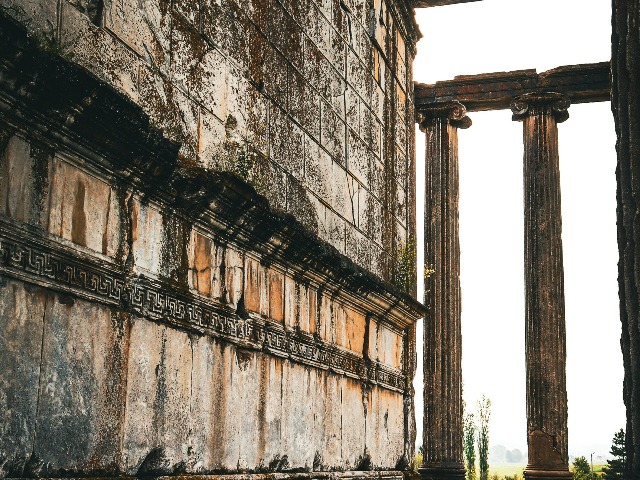Ancient Roman Borders Influence Modern Well-being and Personality

Why do people in certain regions experience higher levels of happiness and health compared to others? In collaboration with Martin Obschonka, Michael Fritsch, and Fabian Wahl, we conducted a pioneering study linking ancient Roman borders to contemporary differences in personality, health, and well-being across regions. Our research reveals that historical events from thousands of years ago can have enduring psychological impacts on today's populations.
Throughout history, improvements in health and well-being have been unevenly distributed. One consistent factor explaining these disparities is regional variation in personality traits. Examples include differences in extraversion, neuroticism, and agreeableness. Our study identified regional clusters of adaptive personality traits associated with better health and well-being.
These clusters cannot be fully understood without considering historical influences and ancient policies that continue to affect societies. Physical barriers from the past can transform into lasting psychological divides. We examined regions influenced by Roman culture and protected by the Roman Limes wall—the frontier of the Roman Empire—comparing German and Dutch regions within its reach to those outside.
Using advanced statistical methods and psychological data from large-scale surveys, our study confirms that Roman occupation has left a lasting psychological legacy. People in former Roman territories report higher life satisfaction, better health, and longer life expectancy. Even after accounting for recent historical factors and various physical and economic conditions, including geology, climate, and regional economic development, we found a clear link between Roman rule and present-day personality traits. This effect includes higher conscientiousness and extraversion, and lower neuroticism—traits known to promote happiness and healthier lifestyles.
Our research suggests that Roman investments in economic advancements, such as the Roman road system and markets, were crucial in creating this effect. The Limes Wall marked the boundary between one of history’s most advanced civilizations and the less developed Germanic tribes. Roman occupation left a significant economic legacy, shaping a deep and enduring macro-psychological profile that predisposed local populations to greater happiness and better health. This long-lasting effect can be attributed to the human capacity to build on cultural advances over generations.
To test the applicability of these findings elsewhere, we examined the Netherlands, which was also divided by the Limes along the Rhine. Despite the smaller study area, we found similar effects of Roman influence on personality traits, with some even stronger than in Germany. This suggests that the results from Germany can be applied to another country with a different history along the same Roman border.
Overall, our study underscores the importance of examining ancient history to understand modern disparities in happiness, health, and personality differences. History shapes us in ways we often overlook, and the psychological borders we observe today may have deep historical roots.
Author: Michael Wyrwich - m.wyrwich@rug.nl
References:
Martin Obschonka, Fabian Wahl, Michael Fritsch, Michael Wyrwich, P. Jason Rentfrow, Jeff Potter, Samuel D. Gosling, 2025, Roma Eterna? Roman Rule Explains Regional Well-Being Divides in Germany, Current Research in Ecological and Social Psychology. DOI: 10.1016/j.cresp.2025.100214.

